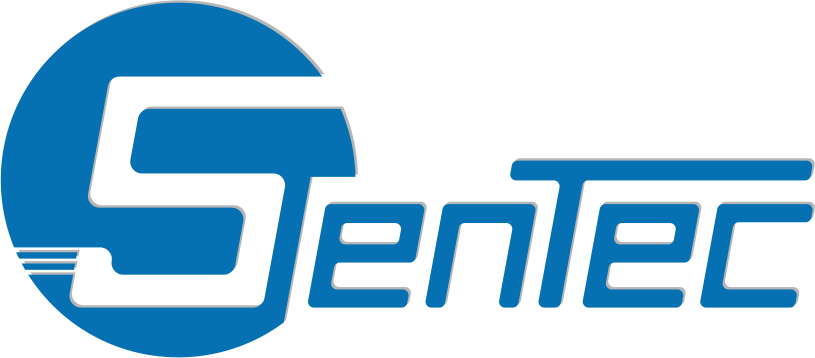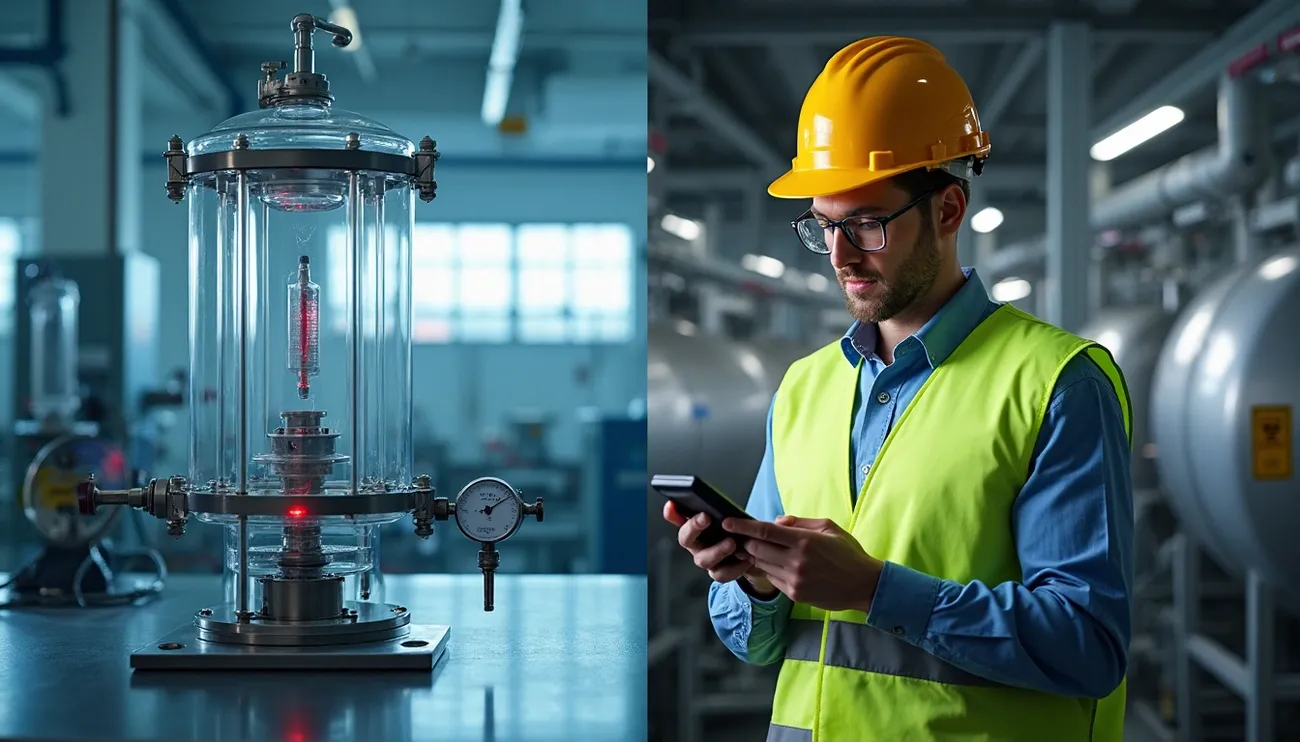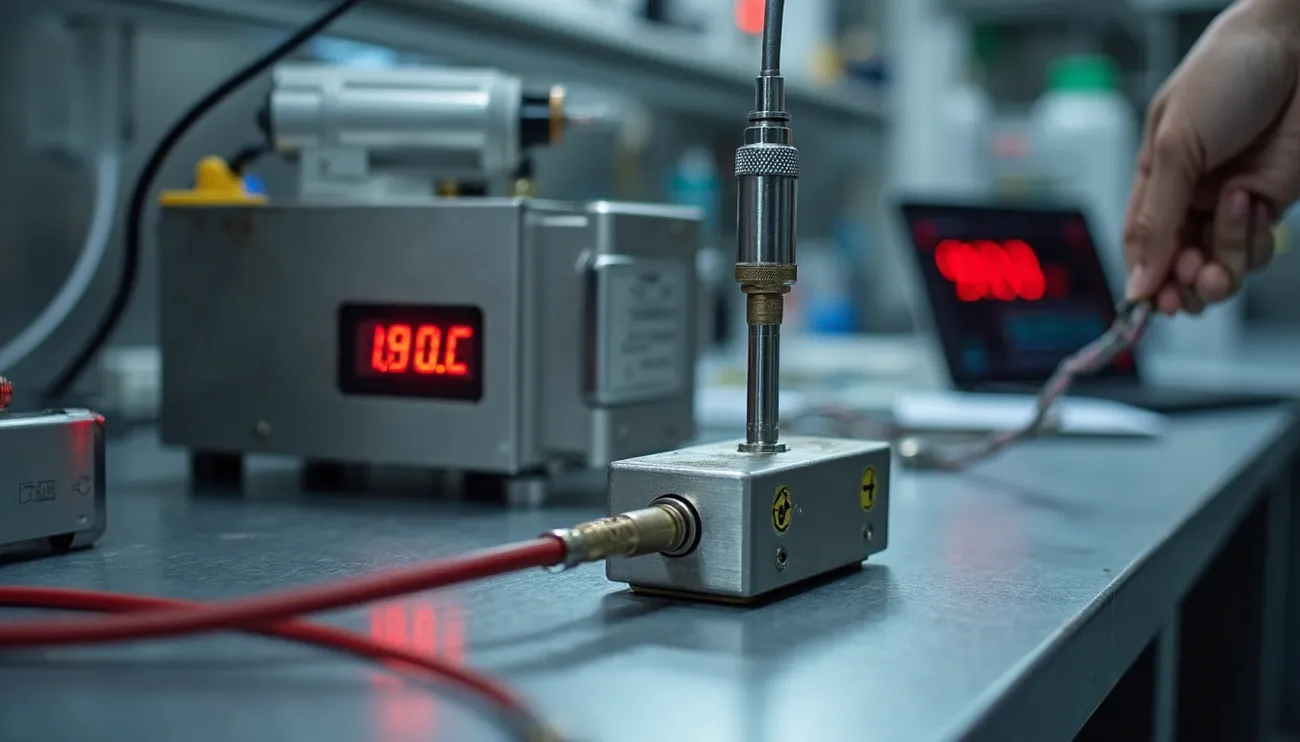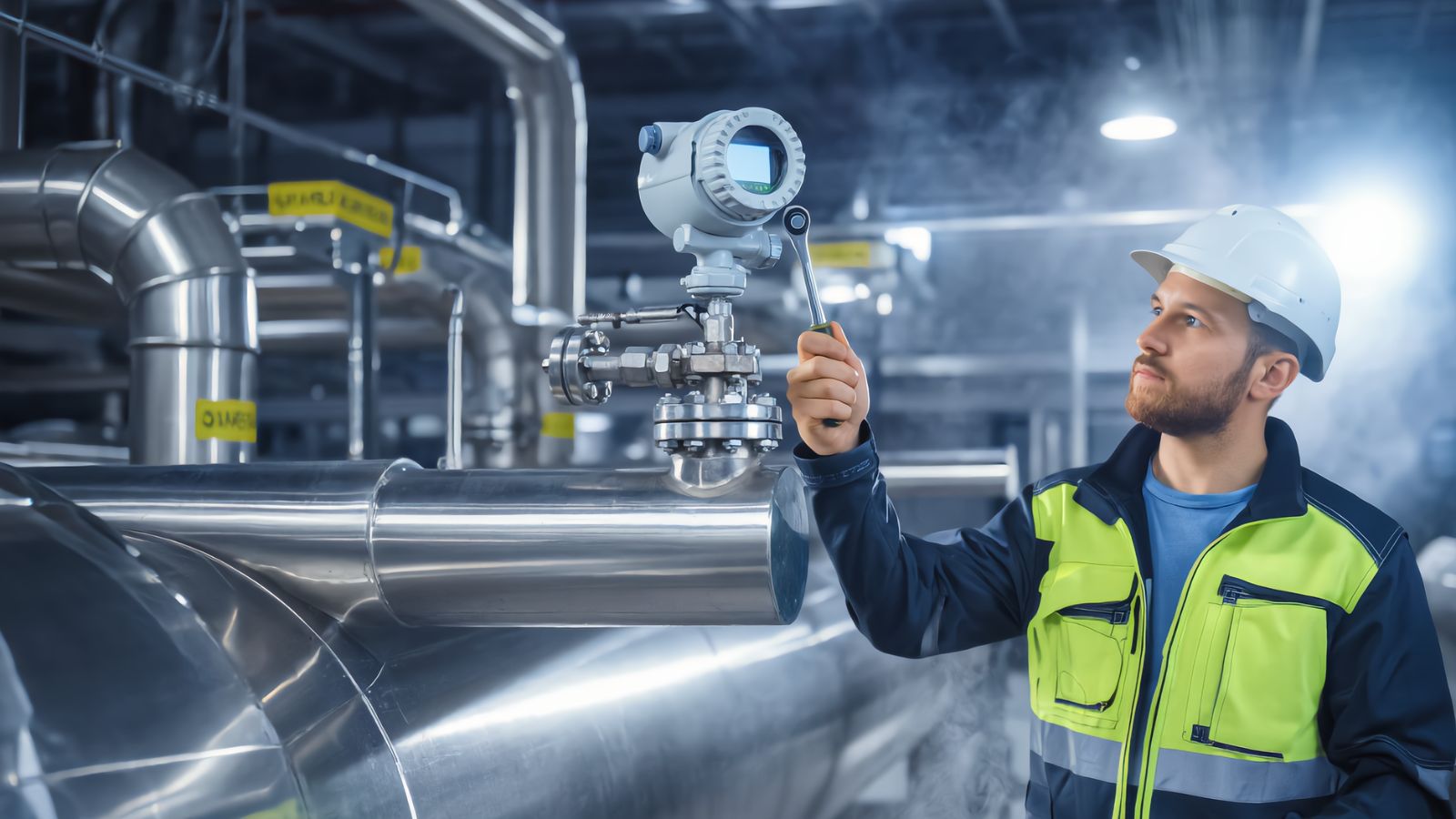Process instrumentation is a fundamental aspect of any industrial environment, not least in the pharmaceutical industry. This term encapsulates an array of instruments and devices designed to measure, monitor, and control physical conditions within a process. These conditions could include variables such as temperature, pressure, level, and flow. Process instrumentation ensures that processes remain within acceptable parameters, enhancing efficiency, safety, and productivity.
The sophistication of process instrumentation has increased over time, with the introduction of digital and wireless technologies, enabling more precise control and monitoring. This has had a profound effect on industries, such as pharmaceuticals, where precision and consistency are paramount.
Given the critical role of process instrumentation in pharmaceutical production, a deep understanding of its function and impact is necessary. This article will explore the role of process instrumentation in the pharmaceutical industry, its importance in maintaining hygienic and aseptic processes, and the potential implications of emerging technologies such as the Internet of Things (IoT).
The Role of Process Instrumentation in the Pharmaceutical Industry
Process instrumentation plays a pivotal role in the pharmaceutical industry. It is instrumental in ensuring product quality, safety, and efficiency. These instruments monitor critical parameters like temperature, pressure, and flow rates in the manufacturing process, ensuring consistency and compliance with regulatory standards.
One crucial application of process instrumentation in pharmaceutical manufacturing is in automated systems. Here, instruments continuously monitor and adjust process parameters, reducing the need for manual intervention and thus minimizing the risk of human error. This not only enhances the reliability of the process but also improves productivity and efficiency.
Additionally, process instrumentation contributes to the traceability of pharmaceutical products. With accurate data capture and recording, manufacturers can track the entire production process, facilitating a quick and effective response in the event of a product recall.
Understanding CIP/SIP Cleaning in the Pharmaceutical Industry
Clean-in-Place (CIP) and Sterilize-in-Place (SIP) are essential processes in the pharmaceutical industry. They involve the cleaning and sterilization of process equipment without disassembly, saving time and reducing the risk of contamination.
Process instrumentation plays a crucial role in CIP/SIP processes. Instruments monitor and control parameters such as temperature, pressure, and flow rates during cleaning and sterilization, ensuring the effectiveness of these processes. Moreover, they record data for validation purposes, demonstrating compliance with regulatory requirements.
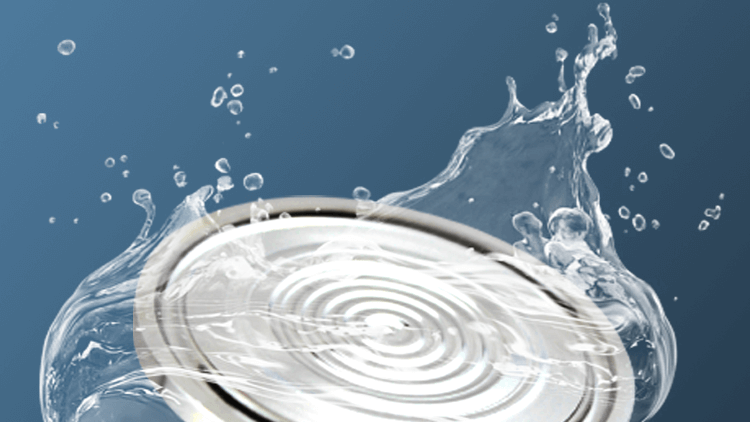
CIP/SIP systems also rely on instrumentation for automation. Automated CIP/SIP systems enhance efficiency and ensure consistent results, contributing to the overall quality and safety of pharmaceutical products.
The Importance of Hygienic and Aseptic Processes in Pharmaceutical Manufacturing
Hygienic and aseptic processes are fundamental to the manufacture of pharmaceutical products. They prevent contamination, ensuring the safety and efficacy of drugs. Process instrumentation is crucial in maintaining these conditions, monitoring and controlling parameters that influence the cleanliness and sterility of the manufacturing environment.
For instance, process instrumentation ensures the proper functioning of High-Efficiency Particulate Air (HEPA) filters, critical in maintaining aseptic conditions. Instruments monitor the differential pressure across these filters, indicating when they need to be replaced.
Similarly, in processes such as sterilization by steam, process instrumentation controls the temperature and pressure to ensure effective sterilization. Without such control, there could be a risk of inadequate sterilization, compromising the safety and efficacy of pharmaceutical products.
Detailed Analysis of Pharmaceutical Instrumentation
Pharmaceutical instrumentation comprises a wide range of devices and systems, each with a specific role in the manufacturing process. These include pressure transmitters, temperature sensors, flow meters, and pH sensors, among others.
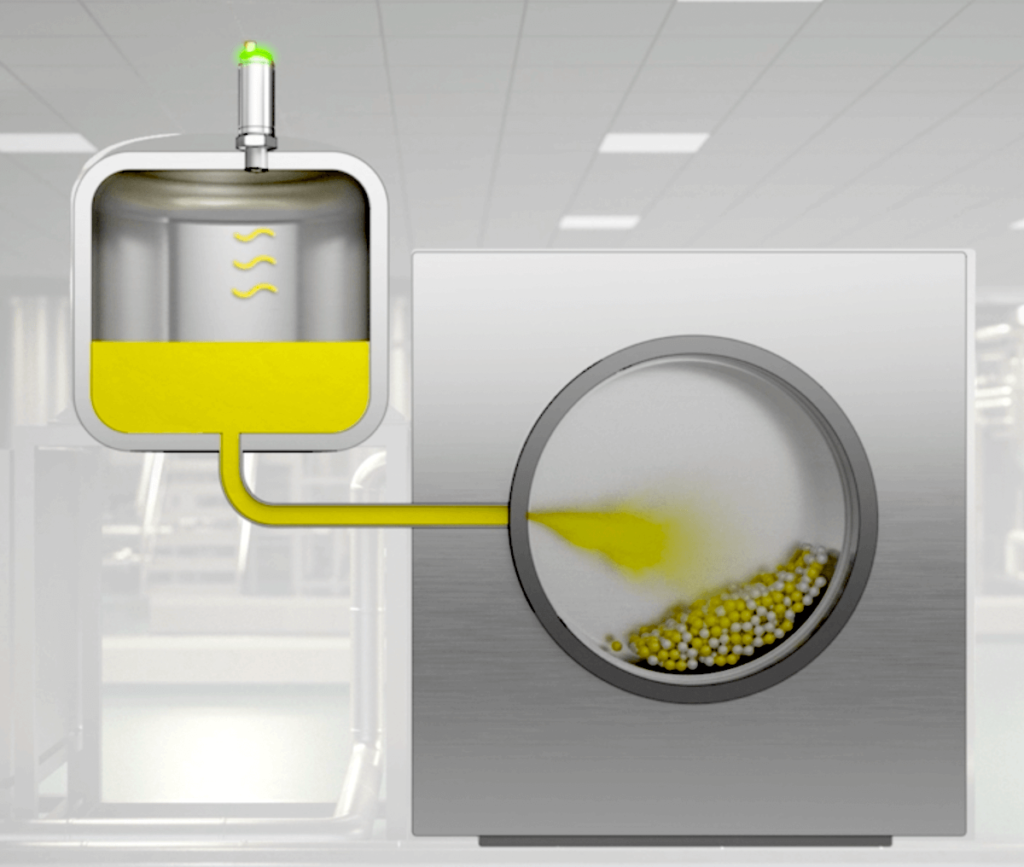
Pressure transmitters, for instance, monitor and control the pressure in various stages of the manufacturing process, from fermentation to filtration and sterilization. Temperature sensors ensure that processes occur at the correct temperatures, critical in reactions and sterilization. Flow meters regulate the flow of liquids and gases, while pH sensors monitor the acidity or alkalinity of solutions, crucial in certain reactions.
The choice of instrumentation depends on the specific requirements of the process. However, all instruments in pharmaceutical manufacturing must meet stringent standards for accuracy, reliability, and hygiene.
Exploring Instrumentation in the Pharmaceutical Industry
The pharmaceutical industry’s reliance on process instrumentation is evident in its widespread application throughout the production process. From the initial stages of drug synthesis, through purification and formulation, to packaging and quality control, process instrumentation ensures the consistent production of high-quality, safe pharmaceutical products.
In drug synthesis, for instance, process instrumentation controls the conditions for chemical reactions, such as temperature, pressure, and pH. This ensures the correct formation of the drug molecule, affecting its efficacy.
During purification and formulation, instruments monitor and control parameters such as temperature and pressure, ensuring the purity and stability of the drug. In packaging, process instrumentation checks parameters like weight and volume, ensuring the correct dosage. Finally, in quality control, instruments test the finished product for parameters such as purity, potency, and stability, ensuring compliance with regulatory standards.
A Closer Look at Pharmaceutical Process Instrumentation
Pharmaceutical process instrumentation is a specialized field, requiring instruments that meet the industry’s unique requirements. These include high accuracy, reliability, and compliance with hygiene standards.
For instance, pharmaceutical pressure transmitters must be capable of measuring very low pressures accurately, as small variations can significantly impact the manufacturing process. Similarly, temperature sensors must provide precise readings, as slight changes in temperature can affect reactions and sterilization.
Furthermore, pharmaceutical process instruments must be hygienic and easy to clean, to prevent contamination. This often means they are made of materials such as stainless steel, which are resistant to corrosion and easy to sterilize.
Instrumentation and Controls: Ensuring Quality and Safety
Process instrumentation is a vital component of the control systems that ensure the quality and safety of pharmaceutical products. These systems use data from instruments to regulate the manufacturing process, maintaining parameters within specified limits.
For instance, in a temperature control system, a temperature sensor measures the process temperature and sends this data to a controller. If the temperature deviates from the set point, the controller adjusts the heating or cooling elements to bring the temperature back to the desired level.
By maintaining process parameters within specified limits, control systems prevent deviations that could compromise product quality or safety. They also provide data for quality assurance, demonstrating compliance with regulatory standards.
The Impact of IoT Technology on Process Instrumentation in the Pharmaceutical Industry
The advent of the Internet of Things (IoT) has had a profound impact on process instrumentation in the pharmaceutical industry. By connecting instruments to the internet, manufacturers can collect, analyze, and act on data in real-time, enhancing process control and efficiency.
For instance, IoT-enabled instruments can send data to a central system, where it is analyzed for trends and anomalies. This enables predictive maintenance, where potential issues are identified and addressed before they cause a breakdown.
Additionally, IoT technology can facilitate remote monitoring and control of processes. This means that operators can monitor and adjust process parameters from anywhere, reducing the need for on-site personnel and enhancing efficiency.
Conclusion: The Future of Process Instrumentation in the Pharmaceutical Industry
Looking forward, process instrumentation is set to play an even more significant role in the pharmaceutical industry. With advancements in technology, including IoT and Artificial Intelligence (AI), instruments will become smarter, providing more accurate data and better control.
Moreover, as the industry moves towards personalized medicine, process instrumentation will be crucial in enabling the flexible and precise manufacturing processes required for these products.
In conclusion, process instrumentation is at the heart of pharmaceutical manufacturing, ensuring product quality, safety, and efficiency. As technology advances, it will continue to shape the industry, driving improvements in process control and product quality.
As we delve deeper into the realm of digital transformation, the value of process instrumentation in the pharmaceutical industry cannot be overstated. It is the backbone that ensures regulatory compliance, enables precise control over manufacturing processes, and ultimately guarantees the delivery of safe and effective pharmaceuticals to patients worldwide.
The future of pharmaceutical manufacturing is smart, efficient, and precise, and process instrumentation will be at the helm of this exciting journey.
